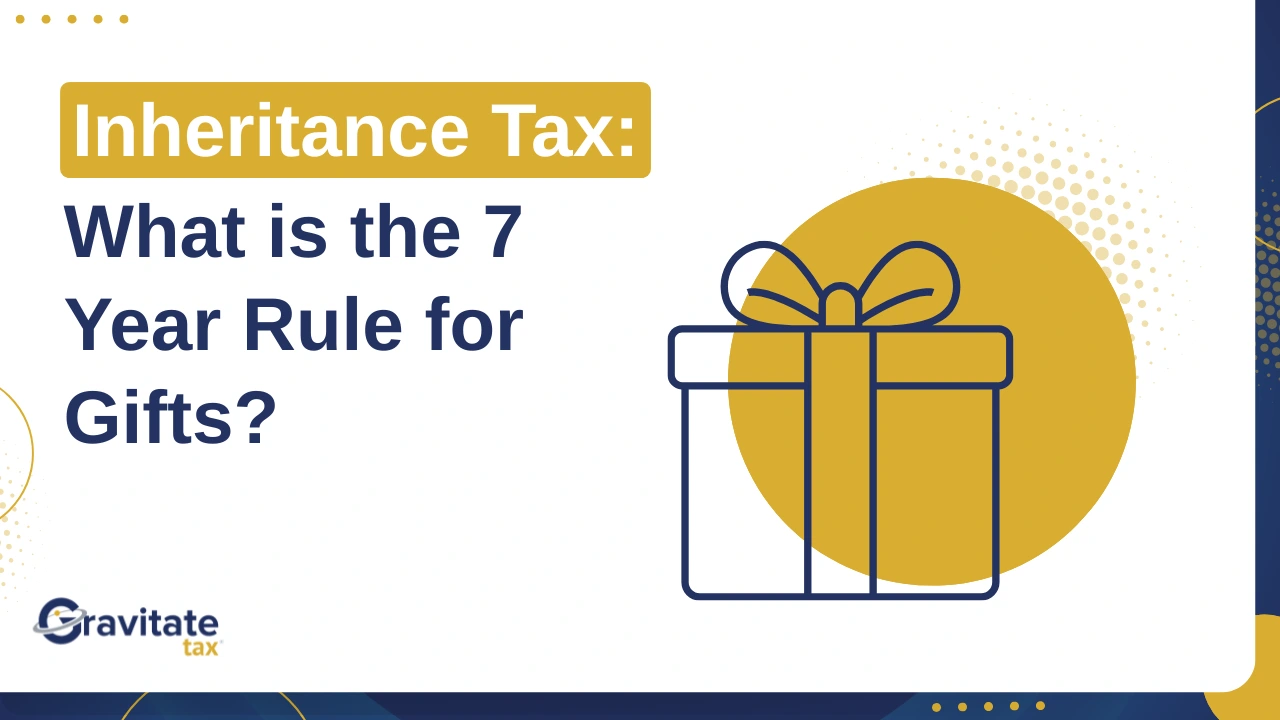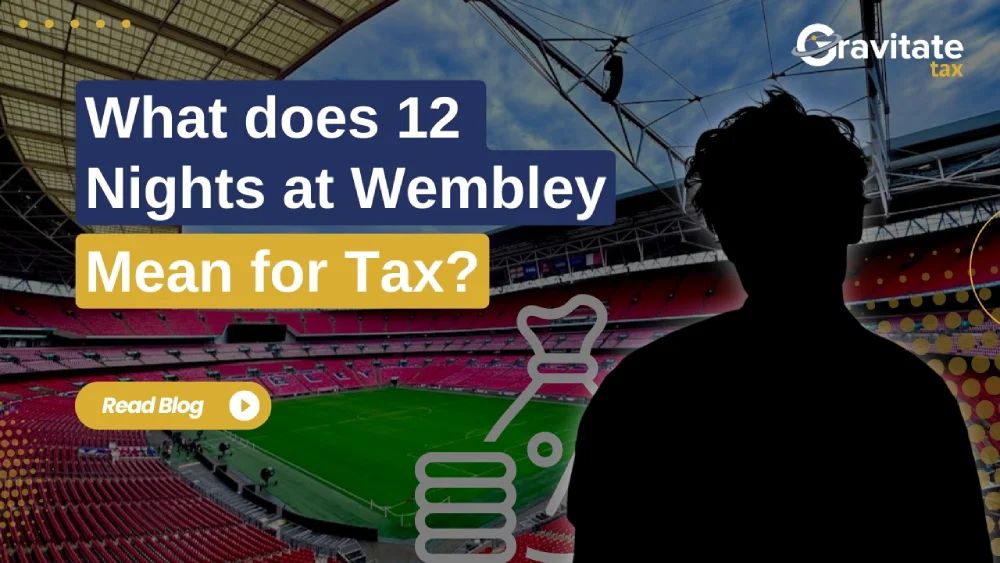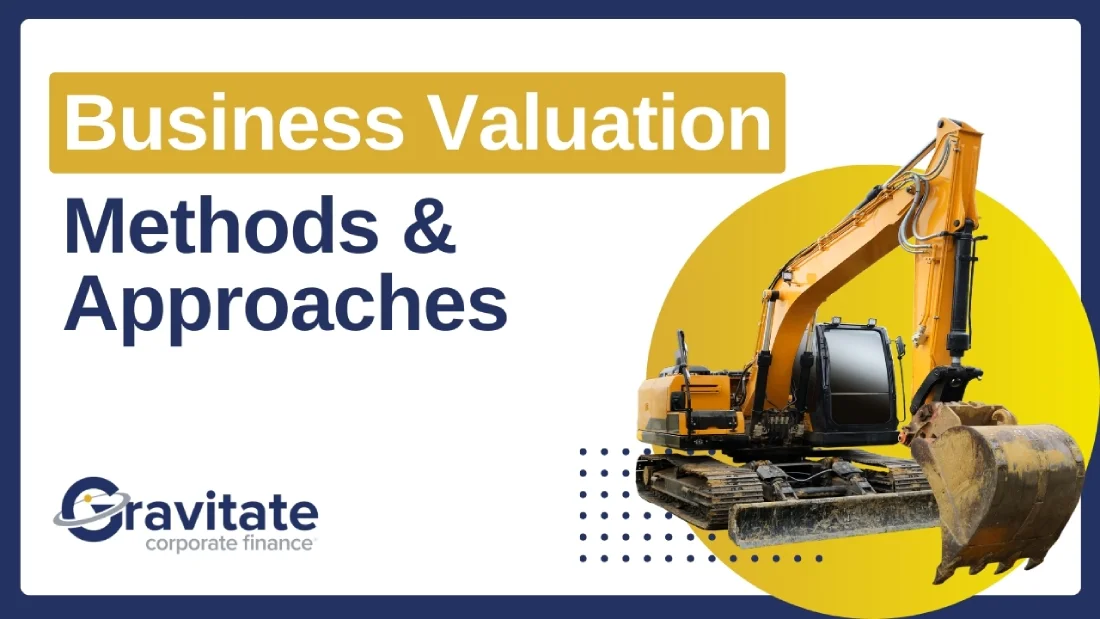In our regular Q&A, David Smith, VAT adviser at Croner Taxwise, considers whether VAT can be reclaimed on purchases of electric cars.
I have been advised by my dealership and accountant that I can reclaim VAT on the purchase of a new electric car. Is this correct as this would be a major consideration in the decision to purchase?
This has become a very common question of late, presumably driven by the need to become greener and the personal tax benefits available for purchasing a new electric car.
Under current law, an electric vehicle will still be viewed as a car for VAT purposes and is therefore treated in the same as you would a diesel, petrol or hybrid car.
Therefore, if there is any private use of the car, or it is made available for private use, VAT is not recoverable on the purchase.
The basic definition of a car for VAT purposes is contained within VAT Notice 700/64 section 2.1
A car for VAT purposes is any motor vehicle of a kind normally used on public roads which has three or more wheels and either:
· is constructed or adapted mainly for carrying passengers; and
· has roofed accommodation to the rear of driver’s seat that’s fitted with side windows or that’s constructed or adapted for the fitting of side windows.
The Notice gives exceptions which are not cars for VAT purposes; three are worth noting in these circumstances and VAT recovery would follow the normal rules on input tax:
· vehicles capable of accommodating only one person or suitable for carrying 12 or more people including the driver – what I would term a minibus;
· vehicles of not less than three tonnes unladen weight; and
· vehicles with a payload of one tonne or more – for example, some pick-ups with double cabs.
For more information on reclaiming VAT on these vehicles including commercials see HMRC VAT Input Tax Manual section VIT51500.
The input tax on a car is blocked by the VAT (Input Tax) Order 1992 (SI 1992 No 3222) when the vehicle is made available for private use.
HMRC defines this as when there is nothing preventing you or your employee from using the car for private use. The fact that you bought your car for the purpose of your business is not the only requirement. You need to ensure that the car is not made available to yourself or anyone else for anything other than business purposes.
HMRC will accept that the vehicle is used exclusively for business purposes if you use it only for business journeys and it is not available for private use. This means that you do not intend to make it available for the private use of employees or anyone else. A good example is pool cars where they are kept at the principal place of business when not being used for a business journey.
These tests are always evidence based, so be prepared to maintain some records to demonstrate to HMRC the exclusive business use.
A similar restriction also applies to leased cars, and this is covered in section 4 of Notice 700/64. Where there is any private use of the car then only 50% of the VAT on the leasing charge is input tax.
If the business is partly exempt, further restrictions may apply. The 50% block applies to all the VAT on the rental charges but if an optional maintenance contract is supplied and identified separately the VAT on this may be recovered in full subject to the normal rules.
If you're thinking of investing in vehicles for your business, it makes sense to make sure you're doing it in the most cost effective way. Give Gravitate Accounting a call now on 0114 321 759 to find out how we can help.

.png)


.png)

.png)
.png)

.png)
.png)
.png)













.png)
.png)
.png)

.png)
.png)

.png)

.jpeg)
.webp)
.webp)













.jpg)

.webp)
.png)

.svg)
